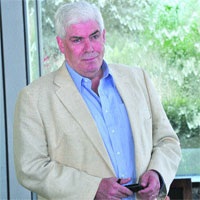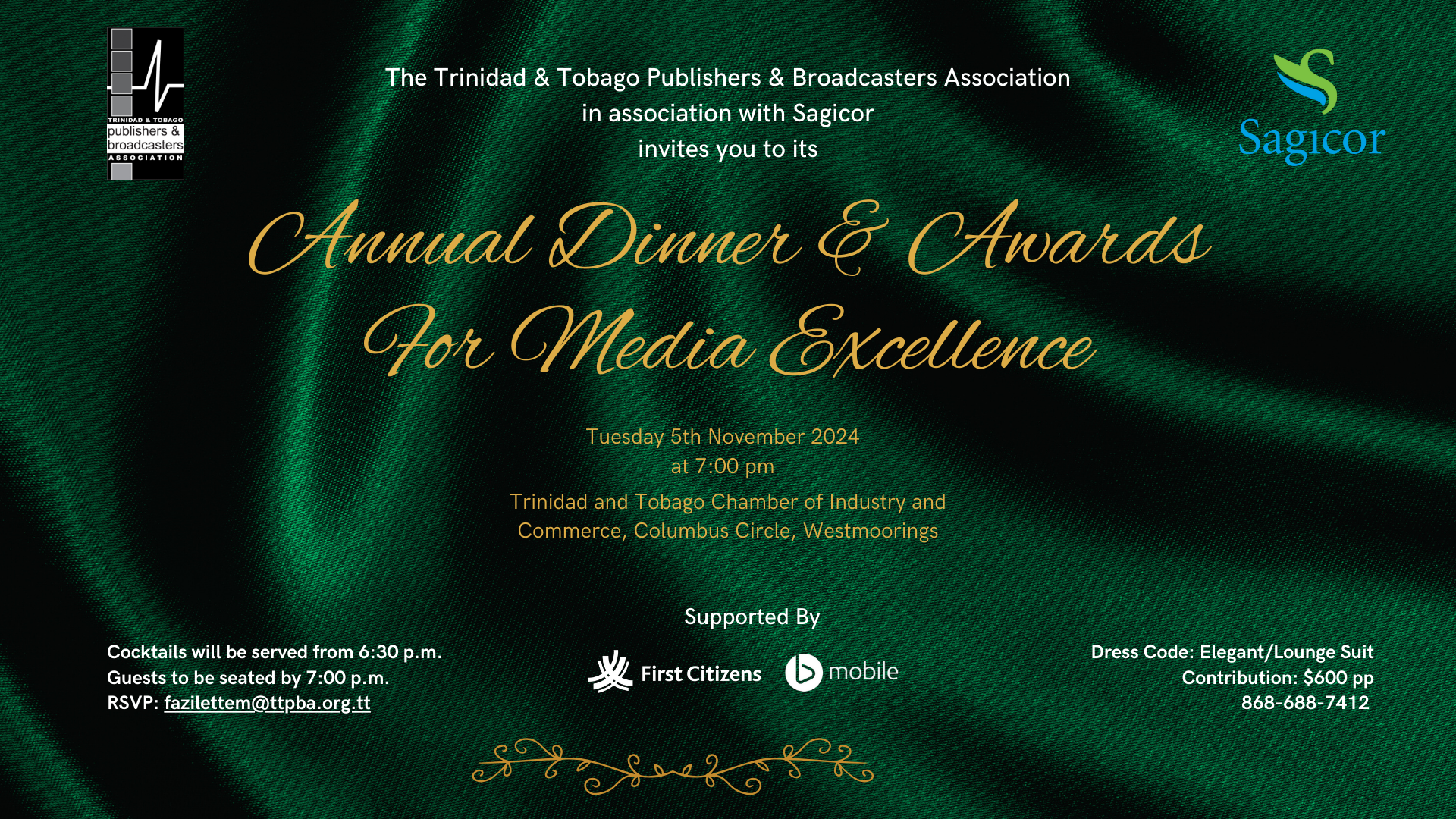Clancy advises journalists: Report both sides of story
 'A LOT OF WORK ... A LOT OF PASSION': Award-winning CNN anchor/correspondent Jim Clancy during an interview with the Sunday Express at the Hyatt Regency (Trinidad) hotel in Port of Spain.
'A LOT OF WORK ... A LOT OF PASSION': Award-winning CNN anchor/correspondent Jim Clancy during an interview with the Sunday Express at the Hyatt Regency (Trinidad) hotel in Port of Spain.
(Taken from the Sunday Express, a member of the TTPBA)
MULTI-award winning CNN anchor/correspondent Jim Clancy has covered many armed conflicts in his four decades of journalism. His most heartbreaking moment was covering the Rwandan genocide due to the "sheer scale" of violence. In 1994, 800,000 men, women and children were murdered during the conflict. "To see the number of children's bodies stuffed in wells, or trains, cattle dipping stations. To hear the stories of where entire families were led up to a church to be executed," Clancy
recalled.
If the victims did not have any money they were killed by machete, a slow death where an artery is slashed and you bleed out. "Or if you had money you would buy bullets so they would be killed instantly. You were paying for your own death. I mean, that's heartbreaking. Entire families wiped out like that," he said. Seeing these things, can a journalist remain detached? Clancy responded in an interview with the Sunday Express: "You can't be and you shouldn't be. You have to feel empathy for the people, the characters in your story that you're writing. You've got to understand a little bit about their lives, their loves. You strive to tell all sides of the story, even if you strongly disagree with what somebody's doing, you seek out their explanations.
Ultimately the truth is far more interesting than anything you could invent." The Sunday Express met the tall, 63-year-old veteran journalist last week at the Hyatt Regency (Trinidad) hotel in Port of Spain. He is in the country as part of the International Press Institute's (IPI) 60th annual World Congress. Clancy noted the IPI urges journalists to execute their duties in accordance with the public trusts they have been given. "Being a journalist is a great calling, it's a great opportunity, it's a great career. Doesn't always pay the best but it's a wonderful trust and a great responsibility and we have to live up to it," he said. Clancy also had some advice for his Caribbean counterparts.
"This isn't just about writing love notes to politicians and praising the tourist spots around the countries. This is about looking for corruption, this is about being a voice that advocates on behalf of the voiceless, telling their stories, giving them a share of the power that one way or another the system didn't endow them with. It's an equaliser," he explained. He recalled that with his work he has given a voice to the voiceless "many times".
In the 1970s, before he went to CNN, he was working as a reporter in San Francisco and would nightly expose the infamous religious preacher Jim Jones, who was defrauding elderly people out of their homes. He forced Jones to leave San Francisco "because I was reporting on him five/seven minutes every night revealing his fake cancer cures, showing people how they worked, telling people exactly how they found out all these details about their lives". Jones went to Guyana and established "Jonestown" where he and 965 followers committed suicide by drinking Kool-Aid laced with poison. For Clancy it was an opportunity to give voice to the church members who were afraid to come out and speak, and who were sure Jones would have them killed. Some people left the church because of his reports. Clancy has covered the fall of the Berlin Wall, the Iraq Wars and the siege of Beirut. "And I found out, that yes, war is a place where you see the worst of people, what they do to
one another, the viciousness of it all, but it's also the place where you see the best in people, the real heroism. Where old ladies stand up for young men, and they'll look a gun right in the eye, it won't intimidate them at all. And they demand people do the right thing," he said. In conflict zones he has always tried to tell the stories of the people caught in the middle, not combatants or the politicians. "But it's the people, the civilians caught in the middle that ultimately pay the highest price. More
of them are killed than any others. So you give a voice to them. That's why you go out and do it," he said.
He stressed it was not about "flowery writing" where you pay tribute to the victims of a conflict but you have to understand the factors that drove the situation. "That's what a journalist should strive to do. Not just tell one side of a story, no matter how
dramatic that side may be. It's not journalism," he added. Clancy continued: "It's a lot of work and it takes a lot of passion. And for my Caribbean friends that feel like 'well, it's a little too much work', well if you don't have the passion for the job give it
up, give somebody else a chance who does have the passion. You can get a job in a bank."

